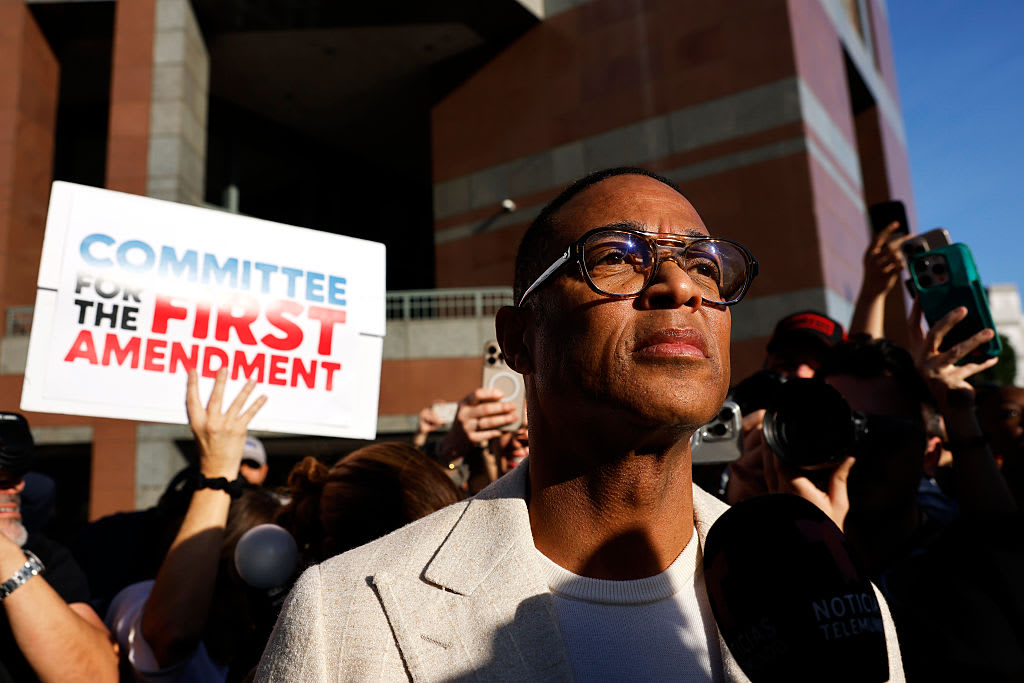For The Record: Bush Documents
EDITOR'S NOTE: A report issued by an independent panel on Jan. 10, 2005 concluded that CBS News failed to follow basic journalistic principles in the preparation and reporting of the Sept. 8, 2004 broadcast about President Bush's service in the National Guard.
Last week, on 60 Minutes Wednesday, we heard for the first time the full story from former Texas House Speaker Ben Barnes, who says he helped President George Bush get a highly coveted place in the National Guard.
60 Minutes Wednesday also presented documents for the first time which indicated that once Mr. Bush was accepted into the Guard, he failed to live up to the requirements of his service, including following an order. And we also reported that the documents were written by then-Lt. Bush's National Guard squad commander, Lt. Col. Jerry Killian, who passed away in 1984.
In the past week, those documents have been subjected to extraordinary scrutiny and criticism.
Now, another voice - a credible voice - has entered the debate. Killian's secretary, Marian Carr Knox, describes herself as Killian's "right hand" during much of the 1970s.
She flew to New York Wednesday afternoon to tell 60 Minutes Wednesday that she believes the documents we obtained are not authentic.
But there's yet another confusing twist to this story. She told Correspondent Dan Rather that she believes what the documents actually say is exactly as we reported.
Knox is 86 years old, and completely comfortable in the eye of a storm. She spent more than two decades keeping pilots and officers in line at Ellington Air Force Base in Houston. Now, she wants to set the record straight about the memos that CBS News obtained.
Knox says she didn't type these memos, but she says she did type ones that contained the same information.
"I know that I didn't type them," says Knox. "However, the information in those is correct."
Knox says the information in the four memos that CBS obtained is very familiar, but she doesn't believe the memos are authentic. She does, however, remember Killian being upset over Mr. Bush's failure to take a physical.
"Did or did not Lt. Bush take a physical as ordered by Col. Killian," Rather asks Knox.
"The last time, no he didn't," says Knox. "It was a big no-no to not follow orders. And I can't remember anyone refusing to. Now for instance, with the physical, every officer knew that before his birthday he was supposed to have that flying physical. Once in a while they might be late, but there would be a good excuse for it and let the commander know and try to set up a date for a make-up. If they did not take that physical, they were off flying status until they did."
Did Knox ever hear Killian talk about this, or did he write memos about Bush not taking the physical?
"He was upset about it. That was one of the reasons why he wrote a memo directing him to go take the physical," says Knox. "I'm going to say this, but it seems to me that Bush felt that he was above reproach."
Knox remembers Lt. Bush well, and saw him often as he showed up for weekend training in 1971 and 1972.
"He was always very gentlemanly. He called me by the name of his father's secretary. He was always apologizing about that," recalls Knox. "He couldn't remember my name. I felt that his parents must have been wonderful to have produced somebody as nice as that."
But did Lt. Bush get into the National Guard on the basis of preferential treatment?
"I'm going to say that he did," says Knox. "I feel that he did, because there were a lot other boys in there in the same way."
So what kind of officer was Lt. Bush?
"Bush seemed to be having a good time. He didn't seem to be having any problem with the other pilots," says Knox. "But, his time there, it seemed that the other fellows were, I'm going to say this, sort of resentful of him because of his attitude … that he really didn't have to go by the rules."
Knox says that Killian started what she calls a "cover-your-back" file -- a personal file where he stored the memos about the problems with Mr. Bush's performance, his failure to take a physical, and the pressure Killian felt from upstairs.
She addressed one memo, and a reference to retired Gen. Staudt pushing for a positive officer training report on Lt. Bush.
"'Staudt is pushing to sugar coat it.' Does that sound like Col. Killian? Is that the way it felt," Rather asked Knox.
"That's absolutely the way he felt about that," says Knox.
She also talked about another memo which she doesn't believe is authentic -- but she says the facts behind it are very real.
"It's just like a personal journal," says Knox. "You write things. It was more or less that."
"These memos were not memos that you typed, and you don't think they came directly out of his files," Rather asked Knox.
"The information, yes," says Knox. "It seems that somebody did see those memos, and then tried to reproduce and maybe changed them enough so that he wouldn't get in trouble over it."
Knox says the fact that then-Lt. Bush was repeatedly missing drills was not lost on his fellow pilots.
"They missed him. It was sort of gossip around there, and they'd [the other officers would] snicker and so forth about what he was getting away with," says Knox. "I guess there was even a resentment."
She told 60 Minutes Wednesday again and again that she believed Lt. Bush refused a direct order to take a physical.
"Col. Killian's son says that this isn't true," says Rather.
"He has no way of knowing whether that is true or not," says Knox.
Knox says that working in a senate campaign in 1972 became more important to Mr. Bush than flying for the Guard.
"I think it is plain and simple. Bush didn't think that he had to go by the rules that others did," says Knox.
"He had this campaign to take care of, and that's what he was going to do -- and that's what he did do."
60 Minutes Wednesday will continue to aggressively investigate the story of President Bush's service in the National Guard -- and the story of the documents and memos in Col. Killian's file.
Are those documents authentic, as experts consulted by CBS News continue to maintain? Or were they forgeries or re-creations, as Knox and many others believe?
We will keep an open mind and we will continue to report credible evidence and responsible points of view as we try to answer the questions raised about the authenticity of the documents.
Having said that, 60 Minutes Wednesday feels that it's important to underscore this point: Those who have criticized aspects of our story have never criticized the major thrust of our report -- that George Bush received preferential treatment to get into the National Guard, and once accepted, failed to satisfy the requirements of his service. If we uncover any information to the contrary, that information will also be reported.



